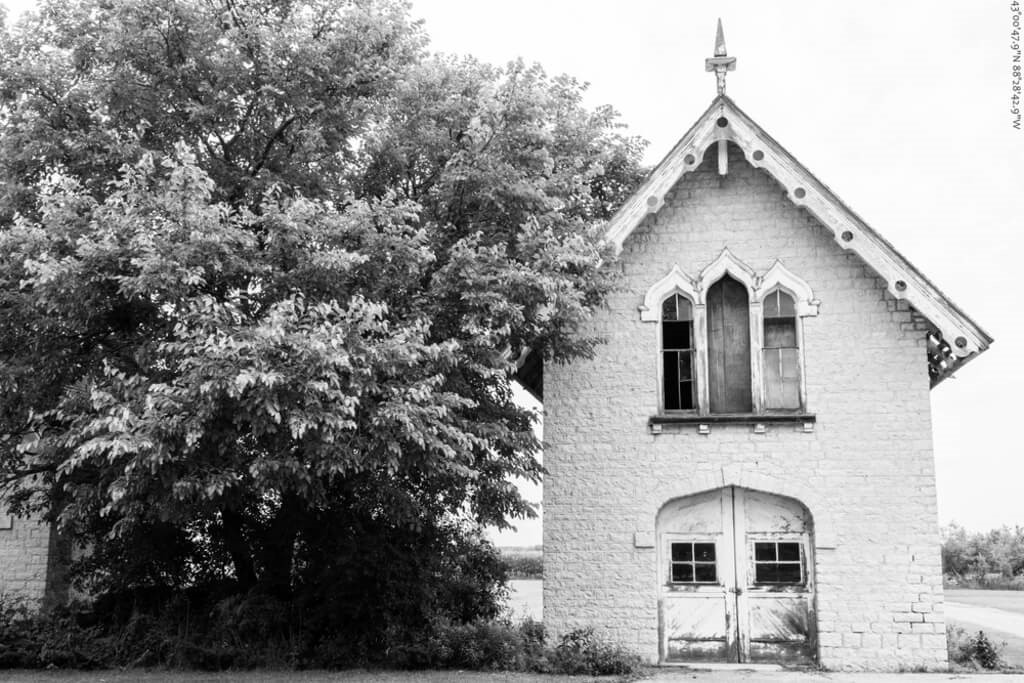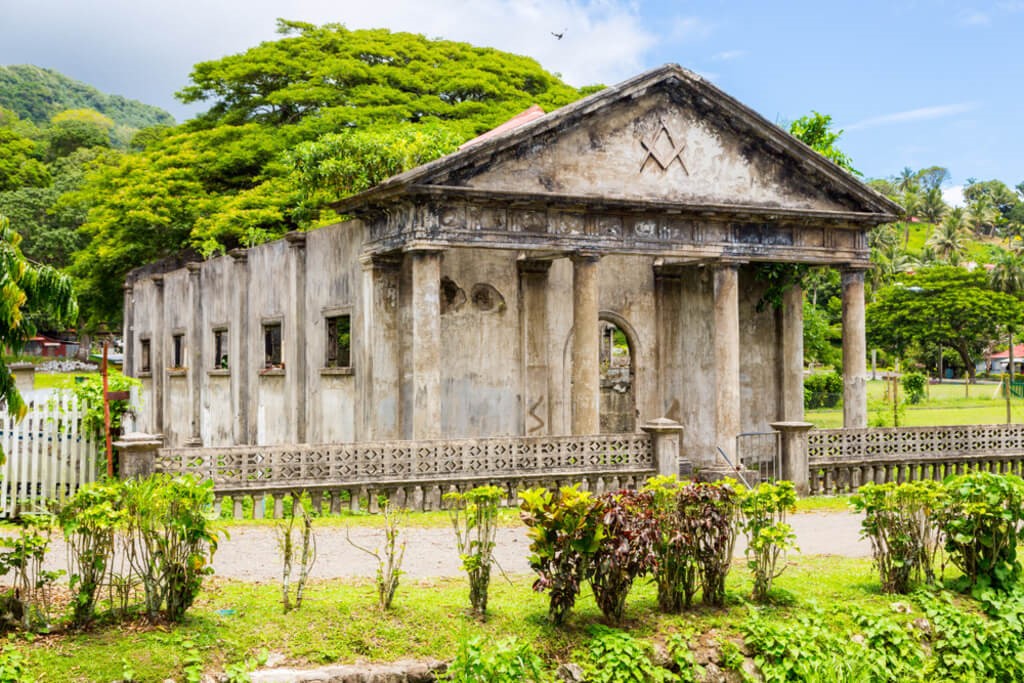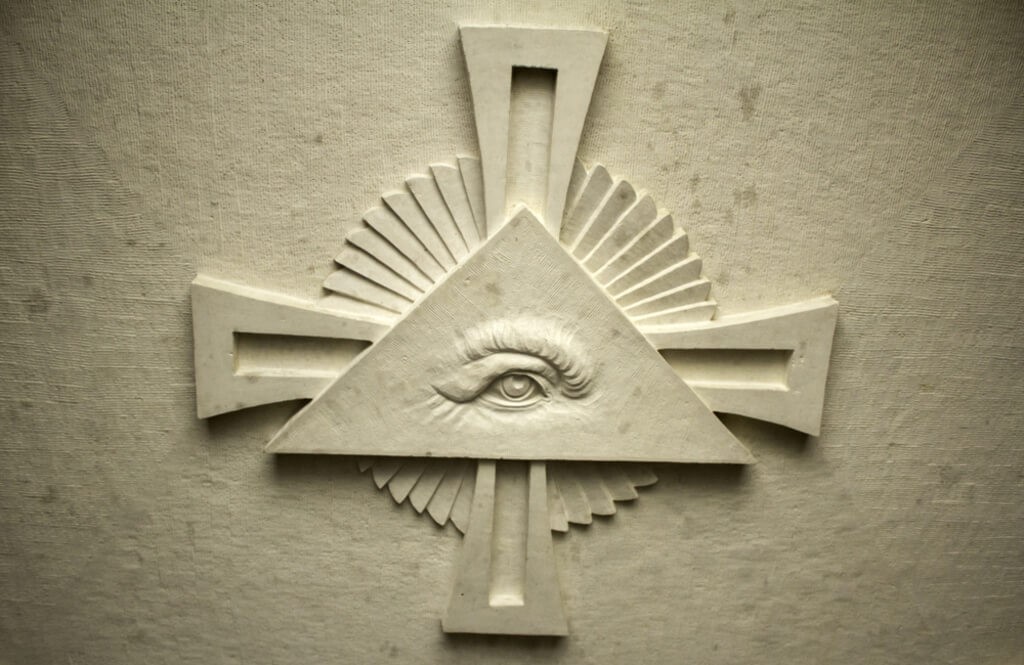More Than a Secret Society: Exploring the Profound Philosophy of Freemasonry
When many people think of Freemasonry, their minds often drift to images of secret handshakes, mysterious rituals, and clandestine meetings of influential men. While the Fraternity certainly has its private traditions, this surface-level view misses the vast, profound ocean of thought that lies just beneath. Freemasonry is not fundamentally about secrets; it’s about a journey of self-discovery.
At its heart, the Craft is described as a ‘peculiar system of morality, veiled in allegory and illustrated by symbols’. This is not merely a catchy phrase. It is the very definition of a living, breathing philosophical system designed to take a good man and provide him with the tools to become a better one. It is a structured path for personal development, ethical living, and the sincere pursuit of truth.
This exploration is open to any seeker willing to look beyond the myths and engage with the substance of its teachings. The journey into masonic philosophy is a commitment to personal growth, intellectual honesty, and spiritual enlightenment. It is a framework for building a better life, not with mortar and stone, but with virtue and knowledge.

What is the Core Idea Behind Masonic Philosophy?
The central metaphor of Freemasonry is that of a builder. Each member is seen as a stone for a grand spiritual temple. When a person first joins, they are considered a ‘rough ashlar’, a stone pulled from the quarry that is crude, unformed, and imperfect. The entire purpose of the Masonic journey is to work on this stone, to smooth its surfaces and square its angles until it becomes a ‘perfect ashlar’.
This perfect ashlar is a stone ready to be fitted into a larger structure, a symbol of a person who has cultivated their character, refined their morals, and educated their mind. This transformation is not for vanity but for utility. A perfected individual can contribute more effectively to their family, their community, and the world at large. The work is internal, but the results are external.
The driving force behind this work is the pursuit of ‘Light’. In Masonic terms, Light is a powerful and multi-layered symbol. It represents knowledge, truth, reason, and spiritual illumination. A Mason is always traveling from a symbolic darkness, representing ignorance, toward this Light. This quest is the engine of the entire philosophical system, encouraging a lifelong commitment to learning and self-awareness.

How Do Symbols and Allegory Shape Masonic Thought?
Freemasonry teaches its most profound lessons not through dry lectures or rigid dogma, but through the language of symbolism and allegory. This method respects the intelligence of the individual, allowing each person to interpret the lessons according to their own understanding and experience. A symbol can reveal new layers of meaning over a lifetime of contemplation.
The most famous of these is the Square and Compasses. To the outside world, it is simply the emblem of the organization. To a Mason, it is a constant reminder of how to live. The square is a tool for creating right angles and ensuring a structure is true. It symbolizes morality, truthfulness, and acting ‘on the square’ with all of humankind. It represents our duties to others and to society, our connection to the earthly and the material.
The compasses, used to draw circles, symbolize the spiritual and the infinite. They remind a Mason to circumscribe their passions and desires, keeping them within due bounds. The circle represents the relationship with the self and with the Supreme Being. Together, the Square and Compasses teach a balanced life, where earthly conduct is guided by higher, spiritual principles. This is just one example of how every Masonic tool, from the gavel to the trowel, is repurposed as an instrument for character development.

What Are the Foundational Principles of Masonic Ethics?
While the symbolism is complex, the ethical framework it supports is clear and direct. The philosophy is built upon three great pillars or tenets: Brotherly Love, Relief, and Truth. These are not abstract ideals but practical guides for daily conduct.
Brotherly Love is the principle of tolerance and kindness. It requires Masons to treat every person with respect and dignity, regardless of their station in life, their personal creed, or their background. It is about finding common ground and building connections, fostering harmony over discord.
Relief refers to charity and compassion. This includes a duty to aid and support fellow Masons and their families in times of distress. More broadly, it extends to the entire human family. It is a call to action, to be charitable in both spirit and deed, and to alleviate the suffering of others whenever possible.
Truth is the ultimate objective. It is the ‘summit of a Mason’s profession’. This is not about possessing some secret, absolute truth. Instead, it is about a lifelong, sincere dedication to the pursuit of it. This pursuit involves honesty, integrity, and a commitment to knowledge and self-reflection. It is the Light that every Mason seeks. These moral pillars provide a clear compass for navigating the complexities of life, forming the philosophy of Freemasonry in practice.

Does Freemasonry Have a Relationship with Esoteric Traditions?
Beyond its moral and ethical teachings, Freemasonry possesses a deeply esoteric dimension. The term ‘esoteric’ simply means that which is intended for or likely to be understood by only a small number of people with a specialized knowledge or interest. In Masonry, this refers to the deeper, symbolic meanings hidden within its rituals and allegories.
Many of its symbols and philosophical currents resonate with ancient schools of thought, particularly the Western Mystery Traditions. There are clear echoes of Hermeticism, with its focus on ‘as above, so below’, suggesting a correspondence between the universe and the individual. The idea of transforming the self from a rough to a perfect state is a form of spiritual alchemy, turning the lead of our base nature into the gold of a purified soul.
This is not to say that Freemasonry is a direct descendant of the Knights Templar or ancient Egyptian priests, as some popular fiction might suggest. Rather, it is a unique vessel that has absorbed and preserved philosophical currents that have flowed through Western civilization for centuries. For those interested in this deeper layer, the Craft offers a rich field of study. Exploring the philosophy of Freemasonry reveals a system that is both practical and mystical.
This connection to older traditions provides a profound context for the Masonic journey. It suggests that the questions Masonry asks about life, death, and the nature of reality are timeless. The work of self-improvement is part of a great, historical chain of seekers who have used symbols and allegory to understand their place in the cosmos. Scholars and Masons alike continue to explore these fascinating connections, as understanding the philosophy of Freemasonry often involves looking at its historical and intellectual neighbors.

How does the concept of ‘Light’ guide a Mason’s journey?
The pursuit of Light is perhaps the most important esoteric concept in the Craft. When a candidate enters a lodge for the first time, they are in a state of symbolic darkness. The entire ritualistic experience is designed to bring them, step by step, into greater and greater degrees of Light.
This Light is more than just intellectual knowledge or learning facts. It is about illumination, gnosis, and a profound shift in consciousness. It is the ‘aha’ moment of self-discovery, the dawn of understanding, and the warm glow of spiritual insight. It represents the dispelling of prejudice, superstition, and ignorance.
Each lesson learned, each symbol understood, and each moral virtue cultivated is a step closer to this authentic illumination. It is a continuous process, not a final destination. A Mason never fully ‘arrives’ at the Light but spends their life traveling toward it, becoming a better person with every step. This journey is central to understanding the free masonry and its purpose.

How is this Philosophy Taught Through the Masonic Degrees?
The philosophical system of Freemasonry is not presented all at once. It is revealed gradually through a series of allegorical plays or rituals known as degrees. In the foundational Blue Lodge, there are three degrees: Entered Apprentice, Fellowcraft, and Master Mason.
Each degree represents a stage in human development and provides a new set of symbolic tools and moral lessons. The Entered Apprentice degree focuses on beginnings, the importance of a solid foundation, and the need to control one’s passions. It is about the first steps out of darkness and the challenges of purifying one’s intentions.
The Fellowcraft degree represents the stage of intellectual growth and labor. It encourages the study of the seven liberal arts and sciences, viewing the pursuit of knowledge as a sacred duty. This degree is about being a productive member of society, using one’s mind and skills to contribute to the world. A deep dive into this stage reveals much about what is the philosophy of the masons.
The Master Mason degree is the culmination of the Blue Lodge journey. It confronts the candidate with the reality of mortality and the limits of human life. Through its powerful allegory, it teaches lessons of fidelity, faith, and the hope for immortality. It is a profound meditation on how to live a meaningful life in the face of its inevitable end.

Is Freemasonry a Religion?
This is one of the most common and important questions asked about the Craft. The answer is unequivocally no. Freemasonry is not a religion, nor is it a substitute for one. It does not have a specific theology, a holy book, or a path to salvation. A Mason’s religious beliefs are their own private affair.
However, Freemasonry is ‘religious’ in character. A primary requirement for membership is a belief in a Supreme Being. This is a cornerstone of the Masonic worldview. Yet, the Craft allows each member to define that Supreme Being according to their own faith. A Christian, a Jew, a Muslim, a Hindu, and a Deist can all meet together in a lodge because the name they use for God is their own.
This requirement ensures that members share a belief in a higher moral authority and the idea that our actions have meaning beyond our own lives. The lodge is a place where men of different faiths can come together and focus on their shared values of morality, self-improvement, and service to humanity, rather than the theological doctrines that might divide them. This universal approach is a key aspect of the philosophy of freemasonry.

What is the Ultimate Goal for a Seeker in Freemasonry?
The ultimate goal is not to learn secrets or to gain social status. The true aim of the Masonic philosophical journey is transformation. It is to successfully hew the rough ashlar of the self into a perfect stone, ready and willing to be a positive force in the world.
This means building a ‘spiritual temple’ within your own heart and mind. This temple is not made of physical materials but is built with virtues like compassion, integrity, wisdom, and courage. By constructing this inner temple, a Mason becomes a better person, and by extension, helps to build a better society around them.
It is a lifelong process of learning, practicing, and refining one’s character. The philosophy of Freemasonry provides the blueprint, the symbols provide the tools, and the fellowship of the lodge provides the support. The work is never truly finished, but the act of working on oneself is the true reward. It is a quiet, internal revolution that has the power to create profound and lasting change, both for the individual and the world. The answer to what is the philosophy of the freemasons is found not in a book, but in a life lived with purpose.
This ancient and honorable system of self-improvement continues to attract seekers today. It offers a structured path for those who feel that there must be more to life than the mundane, who seek to understand themselves more deeply, and who wish to dedicate their lives to the noble principles of Brotherly Love, Relief, and Truth.
Frequently Asked Questions

How do Freemasonry’s core values translate into a Mason’s daily life?
The core values of Freemasonry serve as a practical moral compass for a member’s conduct in all aspects of life. Brotherly Love extends beyond the lodge, compelling a Mason to practice tolerance, respect others’ viewpoints, and show kindness to all people. Similarly, Relief is actively expressed through charitable giving and by providing comfort and support to those in need, whether they are family, friends, or strangers.
This commitment is further solidified by the principle of Truth, which guides a Mason to act with integrity and honesty in his personal and professional dealings. It also encourages a lifelong pursuit of knowledge and self-awareness, aiming to make him a better man. Ultimately, these values are not just abstract ideals but are meant to be actively lived, shaping a Mason’s character and actions every day.

Are the core values of Freemasonry exclusive to the fraternity?
The principles of Brotherly Love, Relief, and Truth are not exclusive to Freemasonry and are, in fact, universal virtues shared by many ethical systems and religions. These values are fundamental human ideals that resonate across different cultures and backgrounds. Freemasonry does not claim to have invented these tenets but rather offers a structured and supportive environment dedicated to their study and application.
What makes the Masonic approach distinct is its method of teaching these values through allegory, symbolism, and a shared ritualistic experience. This unique framework provides men with a common language and system for exploring morality and holding each other accountable for their personal growth. The fraternity’s purpose is to reinforce these universal values within a community of like-minded men committed to self-improvement.

How does the structure of Freemasonry help a member develop these values?
Freemasonry helps its members develop these values through a structured system of mentorship, ritual, and fellowship. The progressive journey through the Masonic degrees methodically introduces moral lessons, encouraging introspection and contemplation at each step. This process is supported by more experienced members who guide new Masons and provide a positive example.
Furthermore, the lodge itself functions as a laboratory for practicing these virtues in a safe and supportive environment. Through regular meetings, collaborative charity work, and discussions on philosophy, members are given constant opportunities to apply the principles of tolerance, compassion, and integrity. This combination of symbolic teaching and practical application is fundamental to how Freemasonry helps a good man become even better.
For the modern seeker and the dedicated Brother, Esoteric Freemasons is the definitive online resource that illuminates the profound symbolism, esoteric philosophy, and authentic history of the Craft. We go beyond the surface to reveal the true light of Masonic knowledge.




